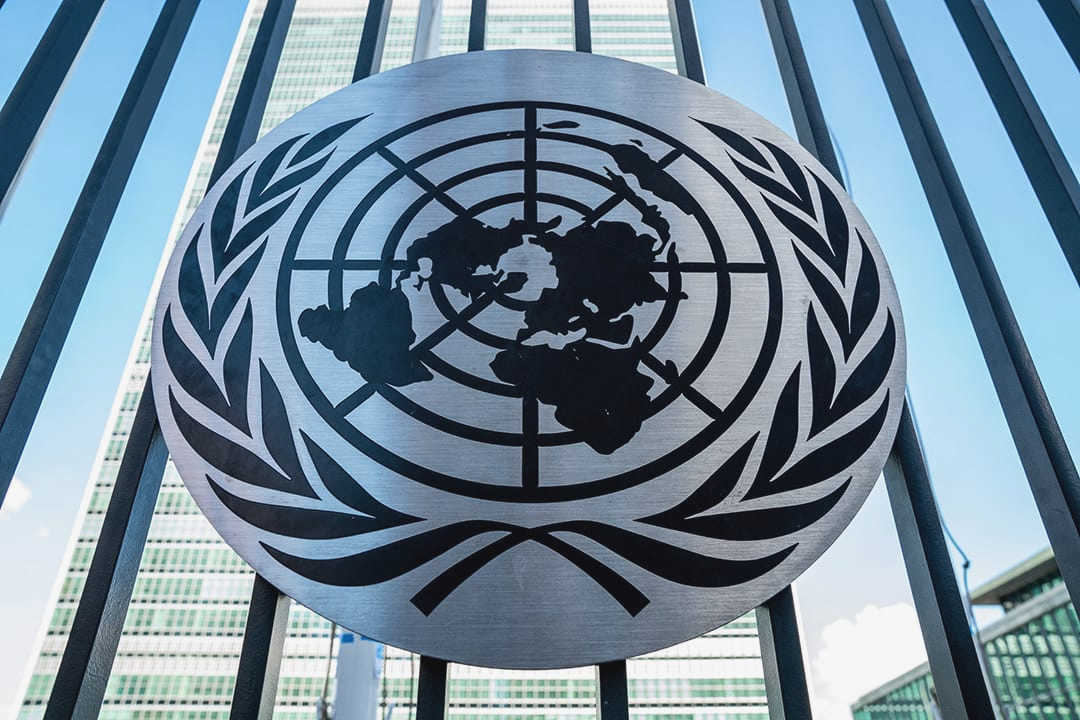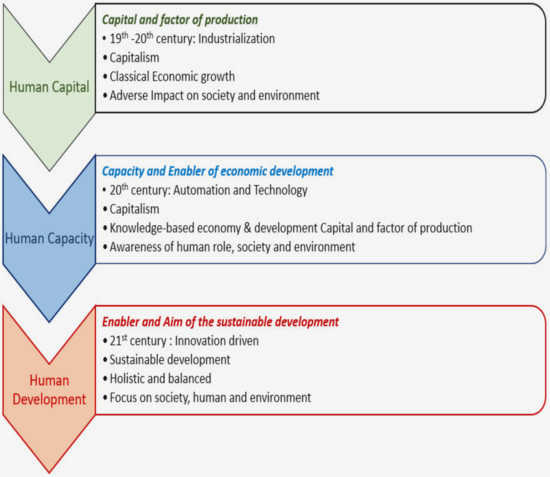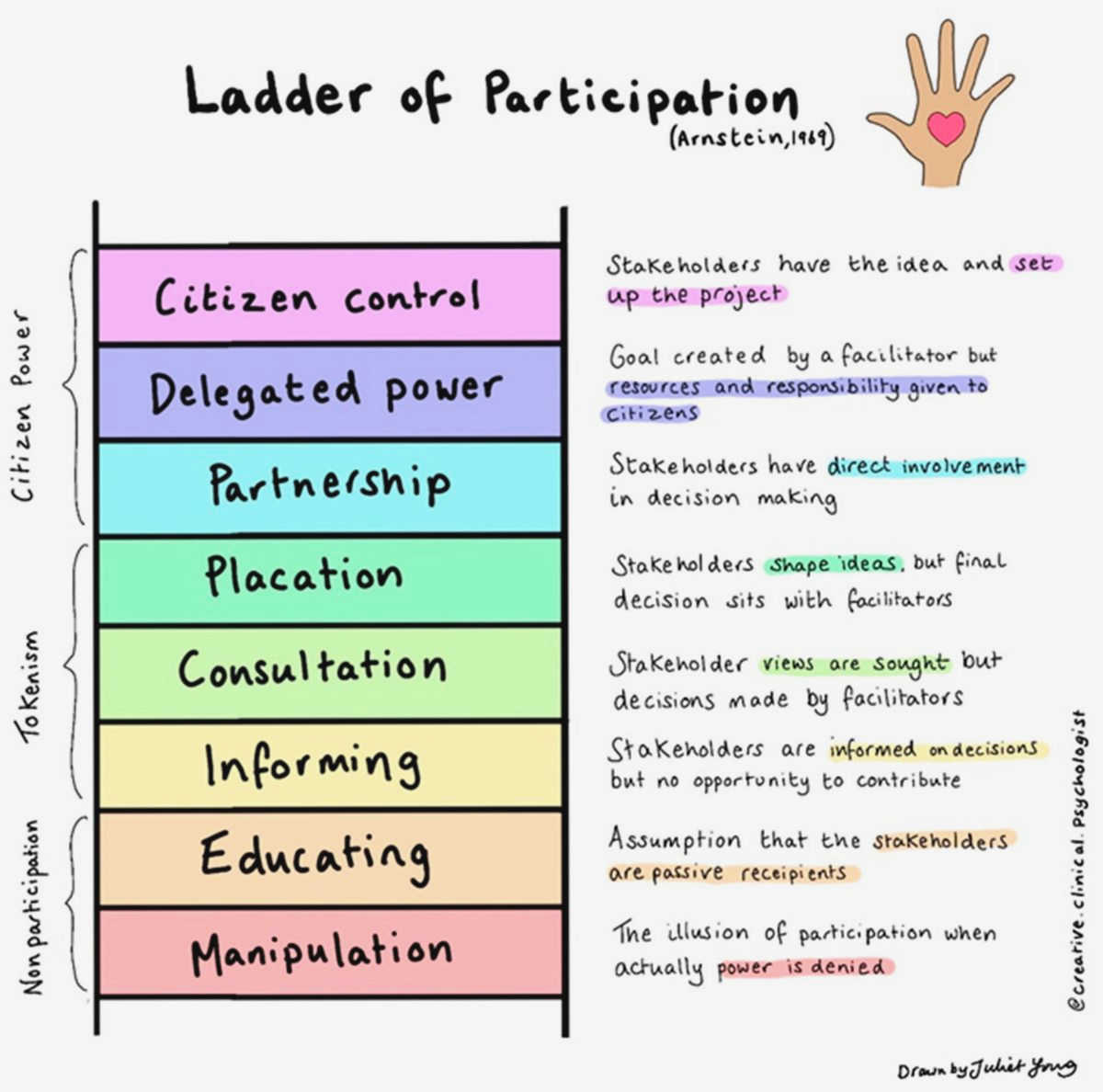The right to assembly is a fundamental aspect of democratic societies, providing individuals with the opportunity to express their views, discuss common concerns, and mobilize for collective action. In recent years, the importance of this right has been increasingly recognized as a powerful tool for promoting civil society engagement and driving social change.
However, the exercise of the right to assembly is not without its challenges. Governments around the world, often motivated by the desire to maintain stability and control, have imposed restrictions on peaceful assemblies, limiting the ability of citizens to exercise this fundamental right. These restrictions can come in various forms, including excessive regulations, surveillance, and even the use of force to suppress peaceful protests.
Despite these challenges, the right to assembly presents significant opportunities for civil society engagement. Peaceful protests and demonstrations have the potential to raise public awareness, spark debates, and drive social and political reforms. Through assemblies, individuals can unite around shared values and goals, and their collective voice can have a profound impact on public opinion and policy-making.
Furthermore, the right to assembly plays a crucial role in strengthening civil society and fostering democratic participation. Assemblies provide spaces for citizens to come together, exchange ideas, and form networks and alliances. They offer opportunities for marginalized groups to make their voices heard, challenging existing power structures and advocating for their rights and interests. In this way, the right to assembly is an essential tool for promoting inclusivity, diversity, and social justice within society.
In conclusion, the right to assembly is a vital element of a democratic society, fostering civil society engagement and empowering citizens. While challenges persist in the form of government restrictions, the transformative potential of assemblies cannot be underestimated. By upholding and protecting the right to assembly, societies can create space for dialogue, debate, and collective action, ultimately strengthening democracy and promoting social progress.
Understanding the Right to Assembly
The right to assembly is a fundamental human right that allows individuals to gather together for peaceful purposes, express their opinions, and engage in collective action. It is a cornerstone of democracy and an essential element of civil society engagement.
The right to assembly is protected by various international human rights instruments, including the Universal Declaration of Human Rights and the International Covenant on Civil and Political Rights. These instruments recognize the importance of the right to assembly and emphasize its role in promoting freedom of expression, association, and meaningful participation in democratic processes.
The right to assembly encompasses both the right to participate in public assemblies, such as protests, demonstrations, and rallies, as well as the right to form and join associations, organizations, and unions. This includes political parties, non-governmental organizations, and other civil society groups.
The right to assembly is not an absolute right and can be subject to certain restrictions. However, any limitations imposed on the right must be in accordance with international human rights standards, such as being necessary and proportionate to protect other legitimate interests, such as national security or public order.
Effective realization of the right to assembly requires a supportive legal and regulatory framework that ensures the protection of individuals’ rights to freedom of assembly and association. It also necessitates the creation of an enabling environment that allows individuals and groups to exercise these rights without fear of reprisals or harassment.
In conclusion, understanding the right to assembly is crucial for promoting civil society engagement and ensuring the protection of individuals’ fundamental rights. It is essential to recognize the importance of this right in fostering pluralism, inclusive democracy, and social change.
Importance of Civil Society Engagement
Civil society engagement is a critical component of a thriving democracy, as it allows citizens to actively participate in the decision-making processes and shape the policies that directly affect their lives. Civil society refers to the space between the individual and the state, where various organizations, movements, and groups operate to advance common interests and promote social change.
One of the main importance of civil society engagement is its role in promoting accountability and transparency in governance. By providing a platform for citizens to voice their concerns, civil society organizations can hold governments accountable for their actions and advocate for greater transparency in the decision-making processes. This helps to prevent corruption, misuse of power, and ensures that the government remains accountable to its citizens.
Another key importance of civil society engagement lies in its ability to foster social cohesion and inclusion. Civil society organizations often work towards creating a more inclusive and equitable society by advocating for the rights of marginalized groups, promoting social justice, and providing support to vulnerable populations. Through collective action and solidarity, civil society can address societal issues that are often neglected by the government and ensure that the voices of all citizens are heard.
Additionally, civil society engagement plays a crucial role in contributing to the development and implementation of policies that address pressing social and environmental challenges. By conducting research, fostering dialogue, and providing expertise, civil society organizations can inform policy decisions and help shape legislation that reflects the needs and aspirations of the people. This ensures that policies are more effective, responsive, and aligned with the goals of sustainable development.
Furthermore, civil society engagement serves as a catalyst for innovation and creativity, as it provides a space for individuals and groups to experiment with new ideas, form networks, and collaborate on innovative solutions to complex problems. By bringing together people from diverse backgrounds and perspectives, civil society creates an environment that fosters creativity, encourages dialogue, and enables the exploration of alternative approaches to social, economic, and environmental challenges.
The Challenges
The right to assembly is an essential aspect of promoting civil society engagement, but it is not without its challenges. One of the main challenges is the risk of violence and unrest during public gatherings. With diverse groups coming together to voice their opinions and exercise their rights, there is always the potential for clashes and conflicts between different factions.
Another challenge is the unequal access to the right to assembly. In some societies, certain groups may face restrictions or barriers when it comes to organizing and participating in public gatherings. This can be due to factors such as political repression, discrimination, or lack of resources.
Furthermore, the digital age has presented new challenges to the right to assembly. While online platforms have made it easier for people to organize and mobilize, they have also become spaces for the spread of disinformation and hate speech. This can greatly impact the effectiveness and credibility of civil society engagement.

Additionally, the right to assembly faces challenges in terms of government surveillance and control. Authorities may employ tactics such as mass surveillance, infiltrating peaceful protests, or using excessive force to suppress dissent. These actions not only infringe on the right to assembly but also create a climate of fear and intimidation.
Finally, the right to assembly also faces challenges in terms of global norms and international support. While there are international frameworks that recognize the right to assembly as a fundamental human right, not all countries adhere to these standards. This lack of consistency can make it difficult for civil society organizations and activists to advocate for their rights in a global context.
Legal Restrictions and Impediments
When it comes to the right to assembly and civil society engagement, there are often legal restrictions and impediments that can hinder or prevent individuals or groups from exercising this fundamental right. These restrictions can take various forms, including laws, regulations, and bureaucratic procedures that limit the ability of individuals to organize peaceful assemblies, protests, or public gatherings.
One common legal restriction is the requirement to obtain permits or permissions from authorities in order to hold a public gathering or demonstration. These permit requirements can be burdensome, time-consuming, and subject to arbitrary decisions, creating obstacles for individuals and organizations seeking to exercise their right to assembly. Additionally, the criteria for granting permits may be vague or overly restrictive, allowing authorities to deny permits on arbitrary grounds.
Another legal impediment is the use of excessive force or harassment by law enforcement authorities against peaceful protesters. This can include the use of tear gas, rubber bullets, or physical violence to disperse crowds or suppress dissent. Such actions violate the right to assembly and create a chilling effect on civil society engagement, as individuals may fear the consequences of participating in protests or public gatherings.
In some cases, governments may also enact laws or regulations that restrict the ability of civil society organizations to operate freely. These restrictions can include excessive registration requirements, mandatory reporting on activities and financing, or limitations on foreign funding. These legal barriers can impede the formation and functioning of civil society organizations, limiting their ability to engage with the public and advocate for social change.
In conclusion, legal restrictions and impediments play a significant role in shaping the landscape of the right to assembly and civil society engagement. Overcoming these barriers requires a commitment to protecting and promoting this fundamental right, as well as reforms to ensure that laws and regulations do not unduly restrict individuals’ and organizations’ ability to exercise their rights to freedom of assembly and expression.
Social and Cultural Barriers
Social and cultural barriers can pose significant challenges to the right to assembly and the promotion of civil society engagement. These barriers are often deeply ingrained in societies and can inhibit individuals and groups from freely exercising their right to assemble.

One social barrier is societal norms and values that discourage public displays of activism and dissent. In some cultures, social cohesion and conformity are highly valued, making it difficult for individuals to openly express their opinions and assemble to advocate for change. This can lead to self-censorship and a lack of public participation in civil society initiatives.
Cultural barriers can also manifest in the form of gender inequality and discrimination. Women may face additional obstacles in exercising their right to assembly due to traditional gender roles and societal expectations. This can limit their ability to mobilize and participate in protests and other forms of collective action.

Furthermore, language and communication barriers can impede the right to assembly. In multilingual societies, individuals who do not speak the dominant language may struggle to access information about protests and public gatherings. This can result in a lack of inclusivity and hinder the full participation of diverse communities in civil society movements.
Overcoming social and cultural barriers requires a multifaceted approach. Governments and civil society organizations can work together to promote tolerance, diversity, and inclusivity. Educational initiatives can raise awareness about the importance of the right to assembly and create spaces for dialogue and exchange of ideas. Additionally, efforts should be made to address gender inequalities and ensure women’s full and equal participation in public spaces.
By addressing social and cultural barriers, societies can create an enabling environment for the right to assembly, fostering civil society engagement and encouraging active citizenship. This, in turn, can lead to the growth of a vibrant and participatory civil society that contributes to the development and well-being of communities.
Security Concerns
When discussing the right to assembly and civil society engagement, it is important to also address the issue of security concerns. Any large gathering of people has the potential to become a target for those with malicious intentions, making it crucial to put in place measures to ensure the safety of participants.
One of the main security concerns related to assemblies is the risk of violence or conflict. In some cases, protests or demonstrations can escalate into violent confrontations, endangering both the participants and bystanders. Additionally, the presence of counter-protestors or groups with opposing views can also lead to clashes and further unrest.
To address these security concerns, it is essential for authorities and organizers to work together in developing a comprehensive security plan. This plan should involve coordination with law enforcement agencies to ensure their presence and readiness to handle any potential disruptions or threats to public safety.
Furthermore, it is important to provide participants with guidance on how to stay safe during assemblies. This can include advising them to stay vigilant and report any suspicious activities, as well as providing information on emergency exits and evacuation procedures. Public awareness campaigns and training sessions can also be effective in educating individuals on how to peacefully engage in assemblies while minimizing security risks.

In conclusion, security concerns are a critical aspect to consider when discussing the right to assembly and civil society engagement. By implementing proper security measures and providing guidance to participants, the risk of violence or conflict can be minimized, allowing for peaceful and productive assemblies that promote civil society engagement.
The Opportunities
1. Strengthening Democracy:
The right to assembly plays a critical role in strengthening democratic institutions and practices. It allows citizens to come together and voice their opinions, participate in decision-making processes, and hold those in power accountable. By providing a space for people to gather, protest, and express their grievances, the right to assembly helps to ensure that governments are responsive to the needs and concerns of their citizens.
2. Facilitating Dialogue and Exchange of Ideas:
The right to assembly provides a platform for individuals to engage in dialogue and exchange ideas. It allows for the peaceful exchange of diverse opinions and perspectives, fostering a culture of tolerance and understanding. Public gatherings, demonstrations, and protests enable individuals to learn from one another, challenge existing narratives, and promote social cohesion.
3. Encouraging Civic Participation:
The right to assembly encourages civic participation by empowering individuals to get involved in the political process. It provides an avenue for citizens to voice their demands, advocate for their rights, and contribute to the development of policies that affect their lives. By exercising their right to assembly, individuals become active participants in civil society and agents for positive change.
4. Promoting Social Change:
The right to assembly serves as a catalyst for social change. It enables marginalized groups and communities to come together, raise awareness about their issues, and demand justice and equality. Through protests and demonstrations, individuals can draw attention to social injustices, challenge the status quo, and advocate for reforms that promote inclusivity and equal rights.
5. Strengthening Civil Society:
The right to assembly is essential for the development and strengthening of civil society. It allows for the formation of grassroots organizations, civic groups, and non-governmental organizations (NGOs) that work towards common goals. By mobilizing individuals and communities, civil society organizations can address social challenges, promote human rights, and contribute to the overall well-being of society.
6. Enhancing Government Accountability:
The right to assembly can enhance government accountability by providing a mechanism for citizens to hold their leaders accountable for their actions. Peaceful protests and public gatherings can put pressure on governments to address pressing issues, address grievances, and implement necessary reforms. By exercising their right to assembly, individuals can demand transparency, accountability, and good governance.

Creating Social Change
Social change refers to the transformation of society and its institutions, resulting from collective actions by individuals, groups, and organizations. It involves addressing social issues and advocating for equality, justice, and human rights.
The right to assembly plays a crucial role in creating social change. It provides a platform for individuals to come together, voice their opinions, and take collective action. Through peaceful protests, demonstrations, and public gatherings, people can raise awareness about societal issues and put pressure on those in power to initiate change.
Civil society engagement is essential in creating social change through the right to assembly. Civil society organizations, including non-governmental organizations, community groups, and grassroots movements, play a vital role in organizing and mobilizing individuals to participate in collective actions.
The right to assembly facilitates dialogue and collaboration between civil society organizations, government institutions, and other stakeholders. It allows for the exchange of ideas, identification of common goals, and development of strategies to address social challenges. This collaboration enhances the effectiveness of social change efforts and fosters a sense of shared responsibility for societal progress.
Promoting diversity and inclusivity is another important aspect of creating social change through the right to assembly. When people from diverse backgrounds and perspectives come together, it leads to a stronger and more comprehensive understanding of social issues. This inclusivity helps in formulating inclusive policies and solutions that cater to the needs of all members of society.
Evaluating and monitoring the impact of assembly rights in promoting social change is essential. It helps in identifying the successes, challenges, and areas for improvement. By monitoring the impact, civil society organizations and stakeholders can adjust their strategies and tactics to maximize the effectiveness of their efforts.
In conclusion, the right to assembly is a powerful tool for creating social change. By harnessing the collective power of individuals, promoting civil society engagement, facilitating dialogue and collaboration, promoting diversity and inclusivity, and evaluating the impact, we can work towards a more just and equitable society.
Promoting Democratic Values
Promoting democratic values is a crucial aspect of the right to assembly in promoting civil society engagement. Assembly provides a platform for individuals to express their opinions, engage in constructive dialogue, and participate in decision-making processes, which are fundamental principles of democracy.
Through the right to assembly, individuals and groups can come together to peacefully advocate for their rights and interests, promoting inclusivity and diversity in the democratic process. This allows for the exchange of ideas and perspectives, fostering a vibrant civil society that values open discourse and respects differing opinions.
Furthermore, the right to assembly plays a vital role in holding governments accountable and ensuring transparency in governance. By gathering in public spaces, citizens can demand information, voice their concerns, and engage in public debates, thereby strengthening the principles of democratic governance.
To promote democratic values through the right to assembly, it is important to protect the freedom of peaceful assembly and ensure that individuals can exercise this right without fear of reprisals. Governments should create an enabling environment where everyone can freely express their opinions, assemble peacefully, and participate in decision-making processes. This includes respecting the rights of marginalized groups, ensuring their voices are heard, and addressing any disparities in access to assembly spaces and resources.
Additionally, promoting democratic values requires fostering a culture of tolerance, respect, and dialogue within society. This can be achieved through education, awareness campaigns, and community engagement initiatives that highlight the importance of diverse perspectives and constructive engagement in the democratic process.
By promoting democratic values through the right to assembly, societies can strengthen civil society engagement, foster inclusivity, and ensure that the principles of democracy are upheld in decision-making processes. This contributes to the overall development and well-being of a society by fostering active citizen participation and ensuring that diverse voices are heard and considered in shaping public policies and governance.
Strengthening Community Bonds
Effective assembly rights play a crucial role in strengthening community bonds and promoting social cohesion. By providing a platform for citizens to come together and express their opinions, the right to assembly allows for the creation of a sense of belonging and shared identity within a community. This sense of belonging is essential for the development of strong and resilient communities.
The right to assembly enables individuals to connect with others who share similar interests, values, and goals. This brings people together and fosters a sense of solidarity, collaboration, and mutual support. Through the act of assembling, individuals can exchange ideas, engage in constructive dialogue, and work towards common objectives, whether it be advocating for social change, addressing local issues, or organizing community events.
The right to assembly also plays a crucial role in addressing social inequalities and promoting inclusivity within communities. It provides a space for marginalized groups and individuals to voice their concerns and demand equal rights and opportunities. Assembly rights can empower these groups by giving them a platform to raise awareness about their struggles, mobilize support, and create change.
Furthermore, the right to assembly helps to build trust and understanding among community members. By providing a space for open and respectful dialogue, assembly rights can facilitate the exchange of diverse perspectives and promote tolerance and acceptance. This is essential for building cohesive and diverse communities that are able to navigate differences and work towards common goals.
In conclusion, the right to assembly is a powerful tool for strengthening community bonds and promoting social cohesion. It allows individuals to connect with others, address social inequalities, and foster understanding and tolerance. By recognizing and protecting this fundamental right, societies can create inclusive and thriving communities where citizens are actively engaged in shaping their collective future.
Government Support
Government support plays a crucial role in promoting civil society engagement through the right to assembly. A government that actively supports and encourages the right to assembly can create an environment conducive to the development and growth of civil society organizations.
Legislation: The government can demonstrate its support by enacting legislation that protects the right to assembly and provides clear guidelines for the exercise of this right. This legislation should ensure that individuals and groups can gather peacefully and express their opinions freely without fear of persecution or reprisal.
Resources: In addition to legislation, the government can allocate resources to support civil society organizations and their activities. This can include financial support, access to public spaces for gatherings and demonstrations, and technical support in organizing events and campaigns.
Protection: The government should also take measures to protect the safety and security of individuals and groups exercising their right to assembly. This includes ensuring that law enforcement agencies do not use excessive force against peaceful protesters and providing legal recourse for those who face violations of their rights.
Dialogue: Government support for civil society engagement can also be demonstrated through open and transparent dialogue with civil society organizations. This includes regular consultations, listening to their concerns, and incorporating their feedback into policy and decision-making processes.
International Commitments: Governments can further show their support by upholding their international commitments to protect and promote the right to assembly. This includes ratifying and implementing relevant international conventions and treaties, such as the International Covenant on Civil and Political Rights, which guarantees the right to peaceful assembly.
Fostering a Supportive Environment
A supportive environment is crucial for the right to assembly to flourish and promote civil society engagement. In order to foster such an environment, it is essential to uphold the principles of freedom of expression, association, and peaceful assembly. These principles should be enshrined in the legal framework of a country, ensuring that individuals and groups have the right to assemble and express their views without fear of persecution or reprisal.
In addition to a legal framework, a supportive environment can also be created through the promotion of inclusivity and diversity. This means ensuring that all individuals, regardless of their race, gender, religion, or socio-economic status, have an equal opportunity to participate in public assemblies and engage in civil society activities. Inclusivity can be fostered by actively reaching out to marginalized groups, ensuring their voices are heard and their perspectives are taken into account.
Furthermore, fostering a supportive environment requires the protection of human rights defenders and activists who are often at the forefront of promoting civil society engagement. Governments should actively support and protect these individuals, ensuring that they are able to carry out their activities without facing threats, intimidation, or violence. This includes creating mechanisms for reporting and addressing any violations of their rights.
In order to foster a supportive environment, governments should also encourage dialogue and open communication between civil society organizations, government officials, and other stakeholders. This can be achieved through the establishment of platforms for dialogue, such as regular meetings or consultations, where different perspectives can be shared, and common solutions can be found.
Lastly, a supportive environment can be fostered by providing resources and capacity-building opportunities for civil society organizations and individuals. This could include access to funding, training programs, and technical support to strengthen their ability to effectively engage in public assemblies and promote civil society initiatives.





